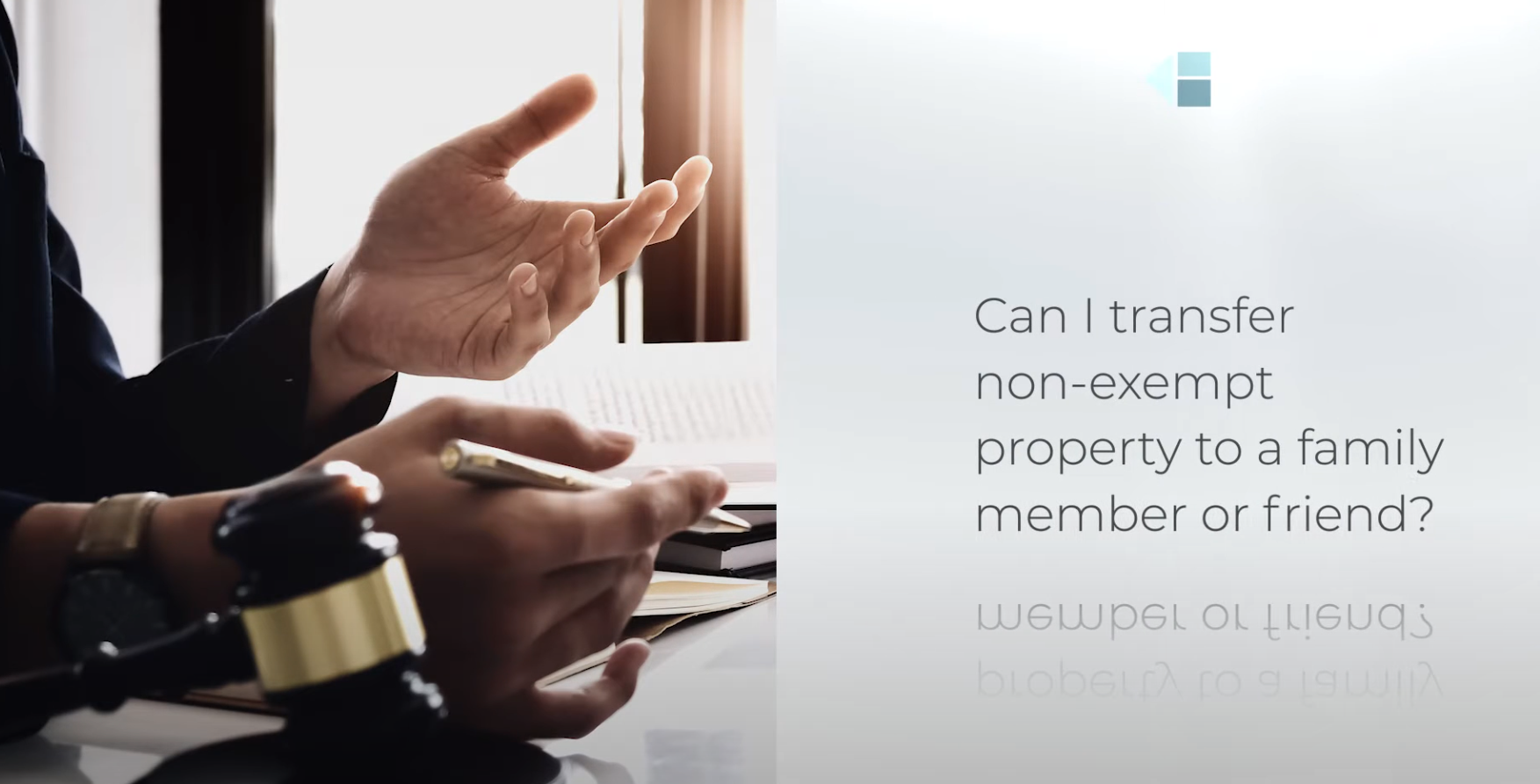Everyone filing for bankruptcy wants a way to protect what they have. One of the ways that people commonly think to do this is to transfer any non-exempt property to family or friends. If you no longer own the asset, it cannot be included in your bankruptcy filings. However, it may not be possible, or at least not in your best interest, to transfer non-exempt property to someone else. Before you do, learn more about how bankruptcy works from the trusted legal team at Kain + Henehan.
What is non-exempt property depends on each case, as the assets you have determine which ones are exempt and which ones are not. That’s why it is a good idea to speak with a bankruptcy attorney before making any decisions. Check out this video about what you can do with non-exempt property that won’t cause a problem.
Transcript:
“Human nature when somebody is aware of the fact they own an item that is valuable to them, whether or not it’s valuable in the marketplace, there is an instinct that takes over. I don’t want to lose this. How can I keep from losing it? Maybe if I put it in somebody else’s name, that’ll solve that problem, but it doesn’t. It creates more problems. It makes our client look like they’re being dishonest or sneaky. The bankruptcy trustee in a Chapter 7 case has the ability then to sue the person that received the property that they probably thought they were doing a favor to you for. In a Chapter 13, if you do that, again, it’s not advised because you’ve got to pay to the Chapter 13 bankruptcy trustee the value of the asset. It’s better, if you have a non-exempt asset, tie things over with the attorney, decide whether or not in the big scheme of things it’s a good idea to retain the asset, and if it is, you’re putting a price tag on it for you. If you have a non-exempt asset in a Chapter 7 case, you can always buy it back from the trustee if it’s important, but what you can’t do is hide it or transfer it. That gets you into trouble and it can get other people into trouble also.”
Discuss Your Case With Kain + Henehan for Help
What you can do with non-exempt property and what is non-exempt property in your case are two important factors in how you move forward. Work with the bankruptcy attorneys at Kain + Henehan to ensure that you are well prepared for bankruptcy. Contact Kain + Henehan by calling (612) 438-8006 or filling out the online form.

